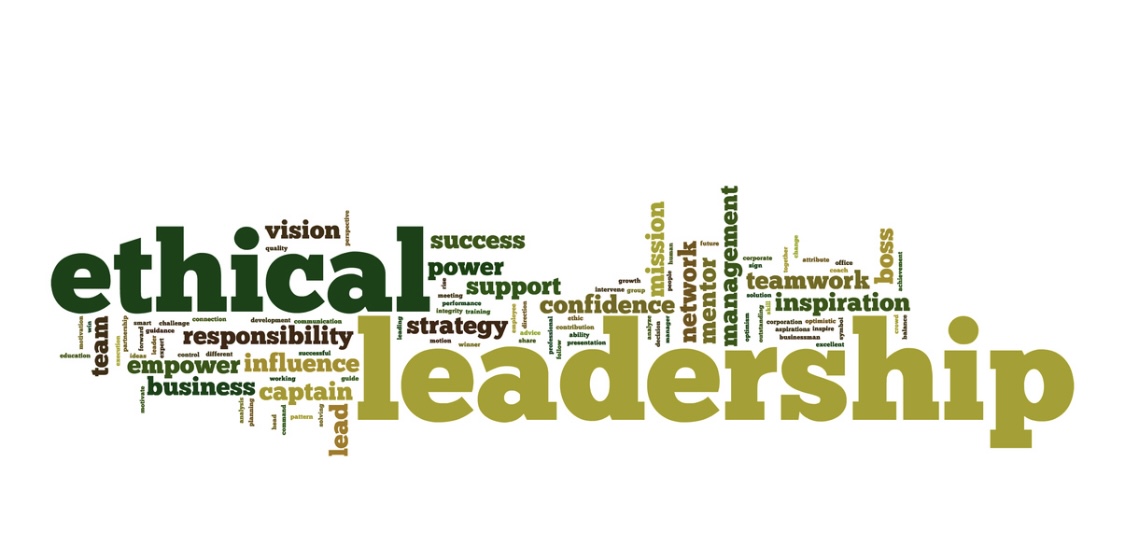Imagine a Dubai-based tech startup smashing its revenue goals, throwing a glitzy product launch, and dominating business headlines. But behind the scenes, employees are burned out, morale is tanking, and customers are frustrated with sloppy service. The hype fades fast. This isn’t just a business flop—it’s a leadership failure. Enter the solution: Ethical Leadership.
Ethical leadership isn’t about checking compliance boxes or avoiding bad press. It’s about leading with a moral compass that guides every decision, big or small. It’s choosing fairness, honesty, and responsibility because it’s right, not because someone’s watching. In a world where a single misstep can trend on X, your integrity is your brand. Trust is your biggest asset. Research shows 87% of employees say trust in leadership drives their job satisfaction, yet only 30% see consistent integrity in their leaders. That gap is your chance to stand out.
Why does this matter? For your team, ethical leadership creates a workplace where people feel safe to speak up, innovate, and grow. Picture a manager who hears every voice, not just the loudest, or a leader who owns their mistakes instead of passing blame. This sparks loyalty and boosts performance—employees are 10 times more likely to stay with a trusted company. For customers, it’s about believing in a brand that stands for more than profit. Look at Aramex, a Middle East powerhouse: its commitment to excellence (Ihsan) and fair labor policies has won loyal customers across the region, especially as ESG (Environmental, Social, Governance) practices gain traction in Middle East businesses. For the community, your choices create a ripple effect, building a legacy of impact over fleeting wins.
Ready to lead with integrity? Here are four practical steps to start this week.
Your First Steps Toward Ethical Leadership
1. Practice Compassionate Candor.
Tough feedback is inevitable, but it can build, not break. Next time you address a performance issue, focus on the behavior, not the person. Instead of “You’re always late with reports,” say, “I’ve noticed reports are coming in late, and I know you’ve got the skills to crush this. Let’s sort out the roadblocks.” Start by affirming their value, then link feedback to shared goals. Why it works: It builds trust, cuts defensiveness, and turns feedback into growth. Try it in your next one-on-one—you’ll see the impact.
2. Make “Guardianship” Your Mantra.
In the Middle East, sacred trust (Amanah) is a guiding principle. Treat your team’s time, energy, and trust as a responsibility you hold dear. This week, spot one inefficiency—like excessive meetings—and eliminate it. When delegating, give full ownership. For example, assign a project goal but let your team choose the path, offering support as needed. Why it works: This shows trust, lifts morale, and drives better work. A Kuwait manager I know did this, and her team’s productivity soared because they felt valued.
3. Seek Justice in the Small Things.
Fairness starts small. In your next team meeting, ensure everyone, especially quieter members, gets a chance to speak. If a junior colleague’s idea is ignored, amplify it: “I think Dareen’s point about customer feedback is brilliant—let’s explore it.” This shows every voice counts, no matter the title. Why it works: It sparks diverse ideas and builds an inclusive culture. A Jeddah colleague tried this and saw team engagement jump in weeks.
4. Model Accountability.
When you make a mistake, own it openly. For instance, if a project misses a deadline due to your oversight, say, “I misjudged the timeline here, and I’ll plan better next time.” Then share a clear fix. Why it works: This builds credibility and shows your team it’s safe to take risks and learn. An Egypt CEO I know started doing this, and his team’s trust in him skyrocketed.

